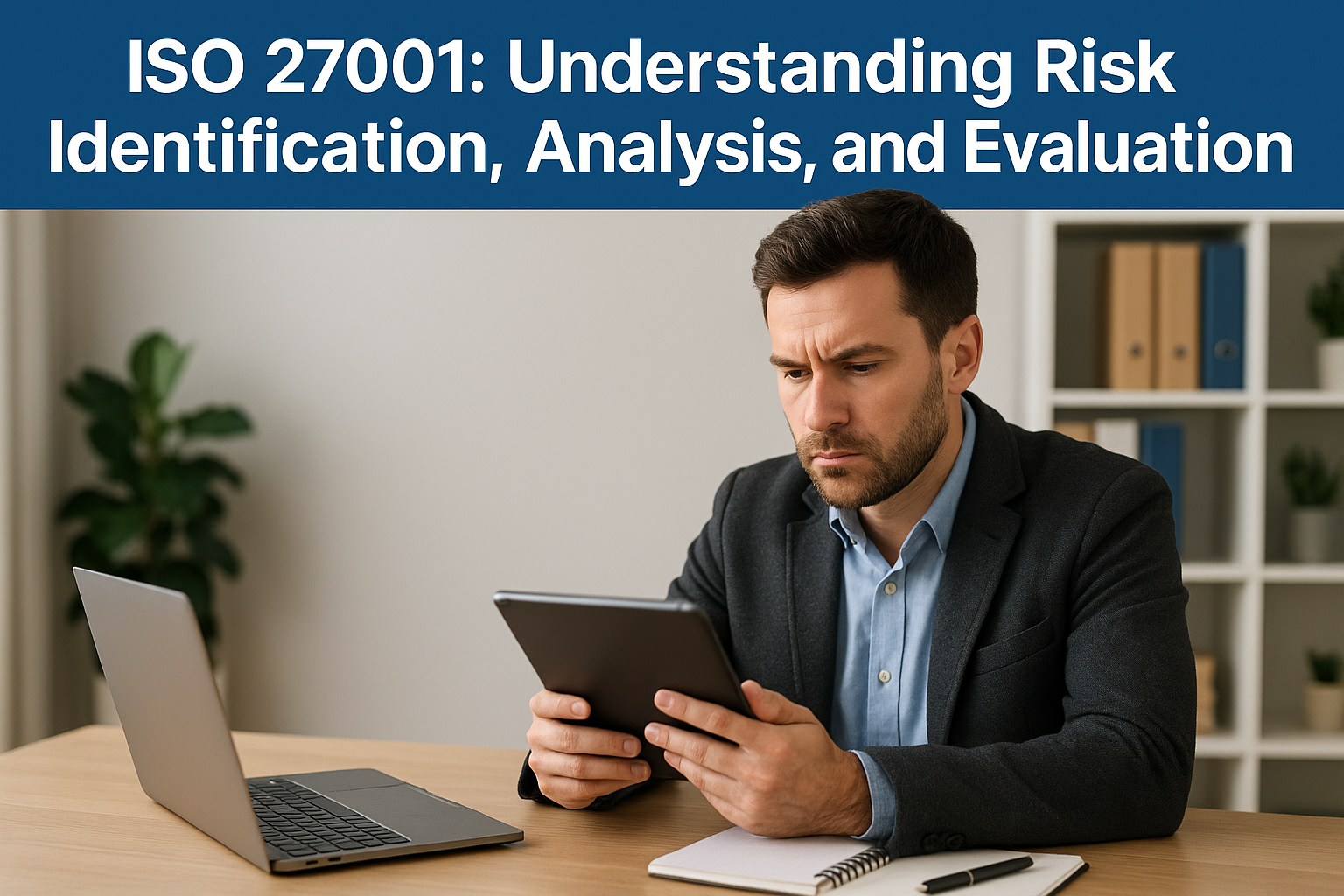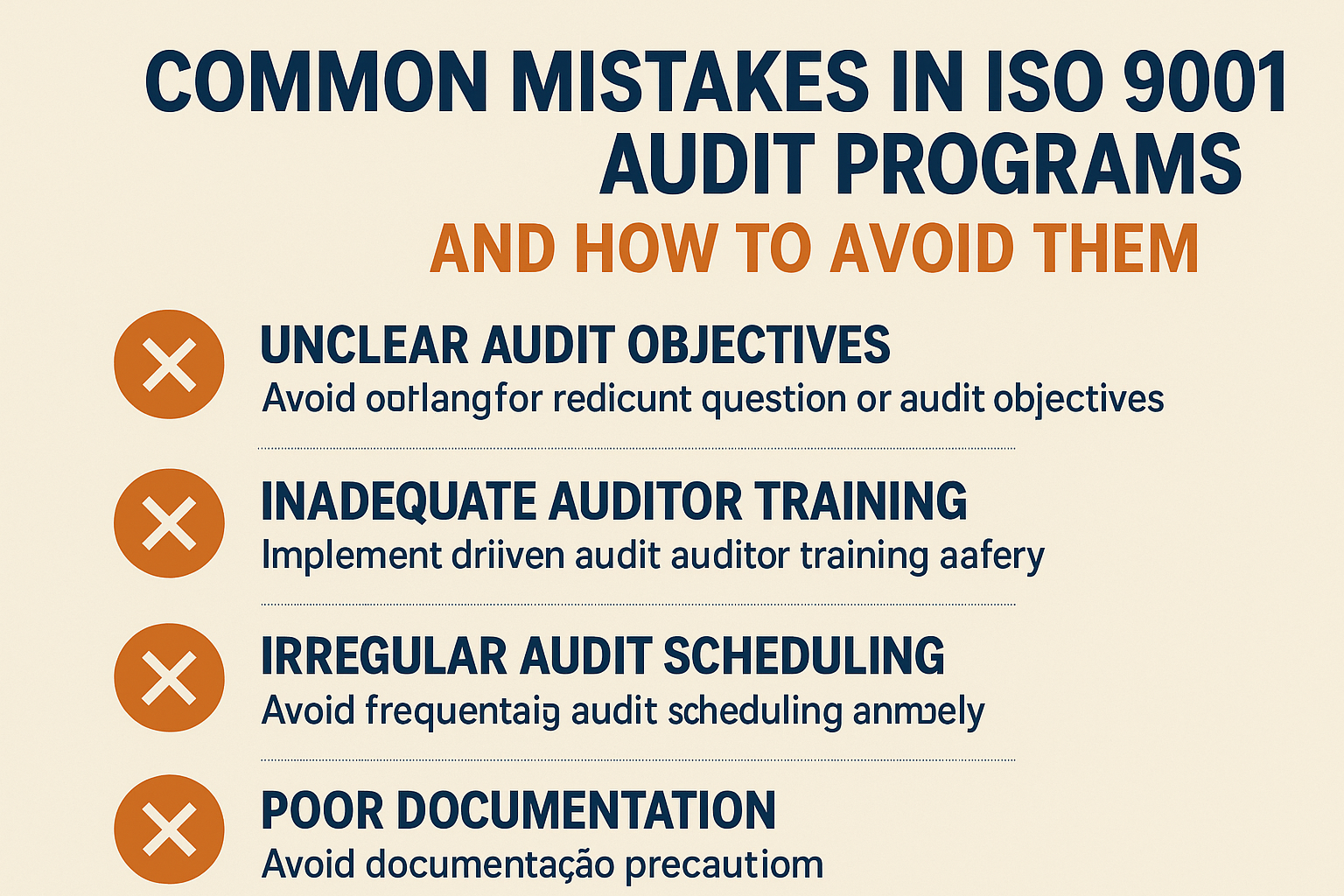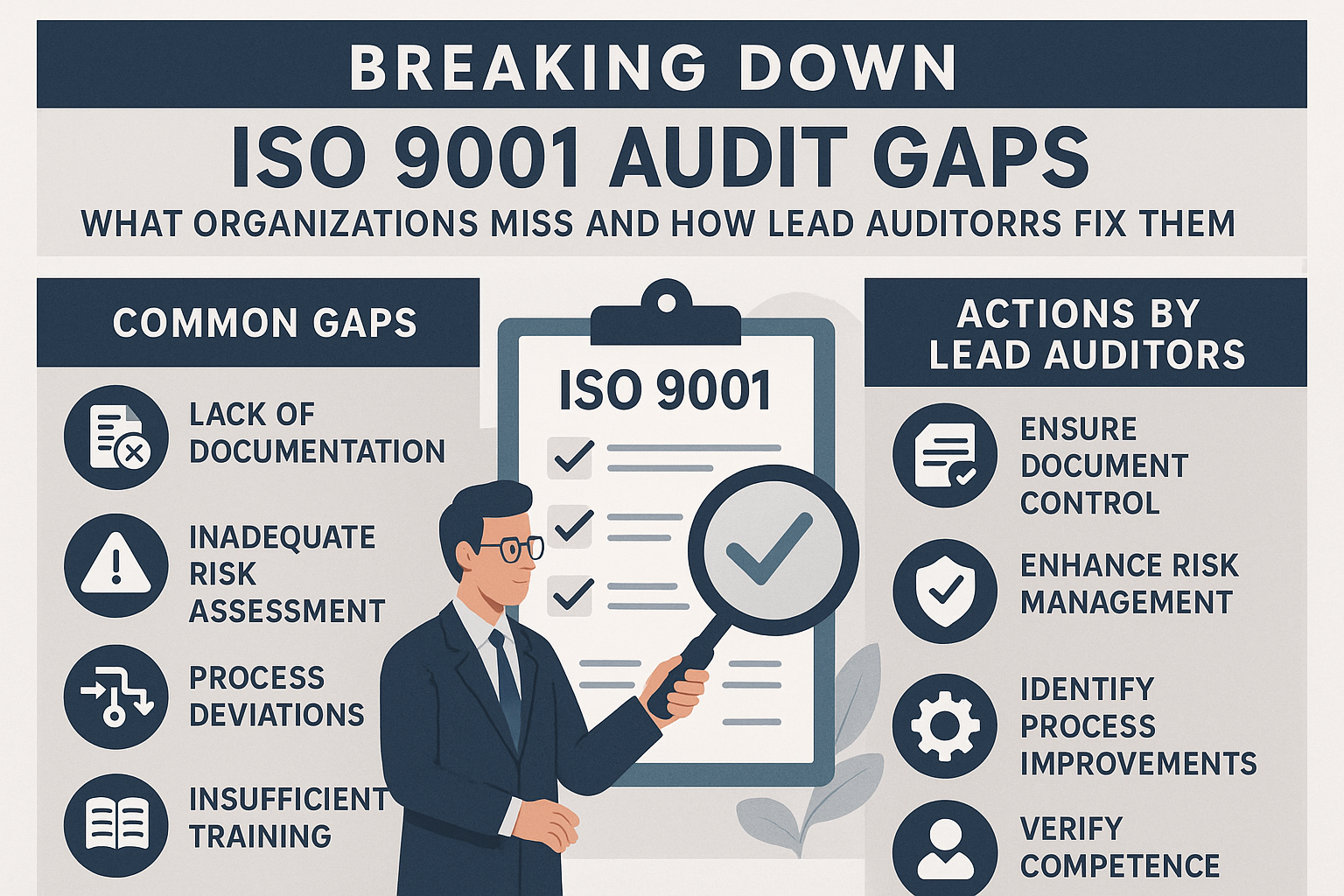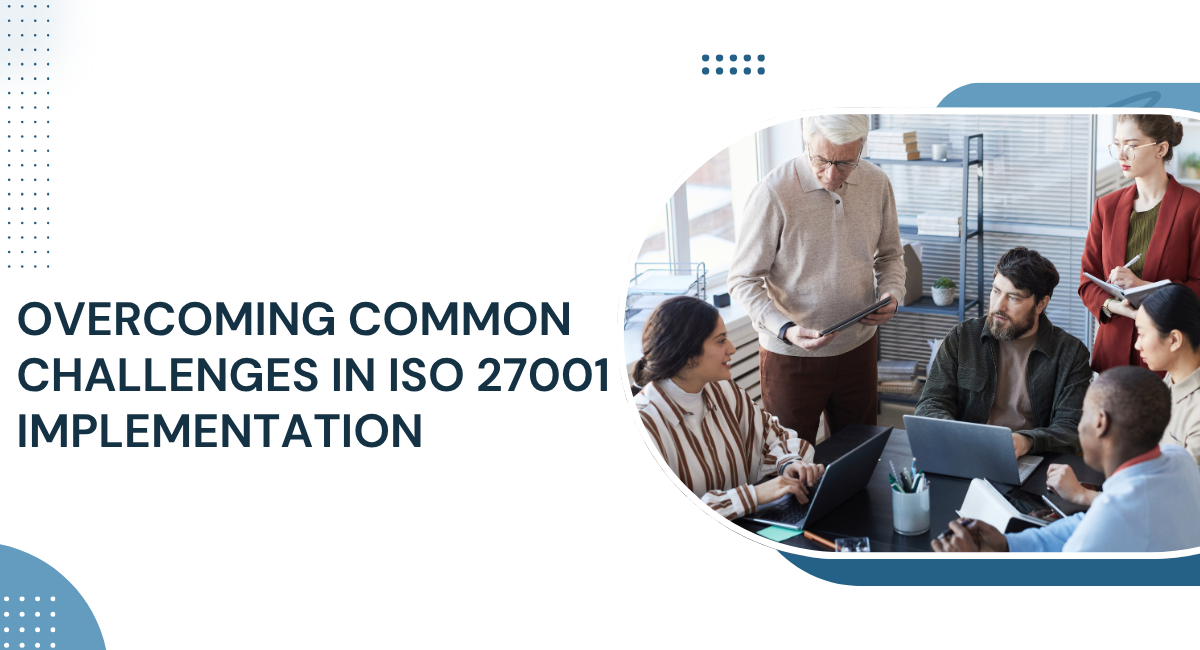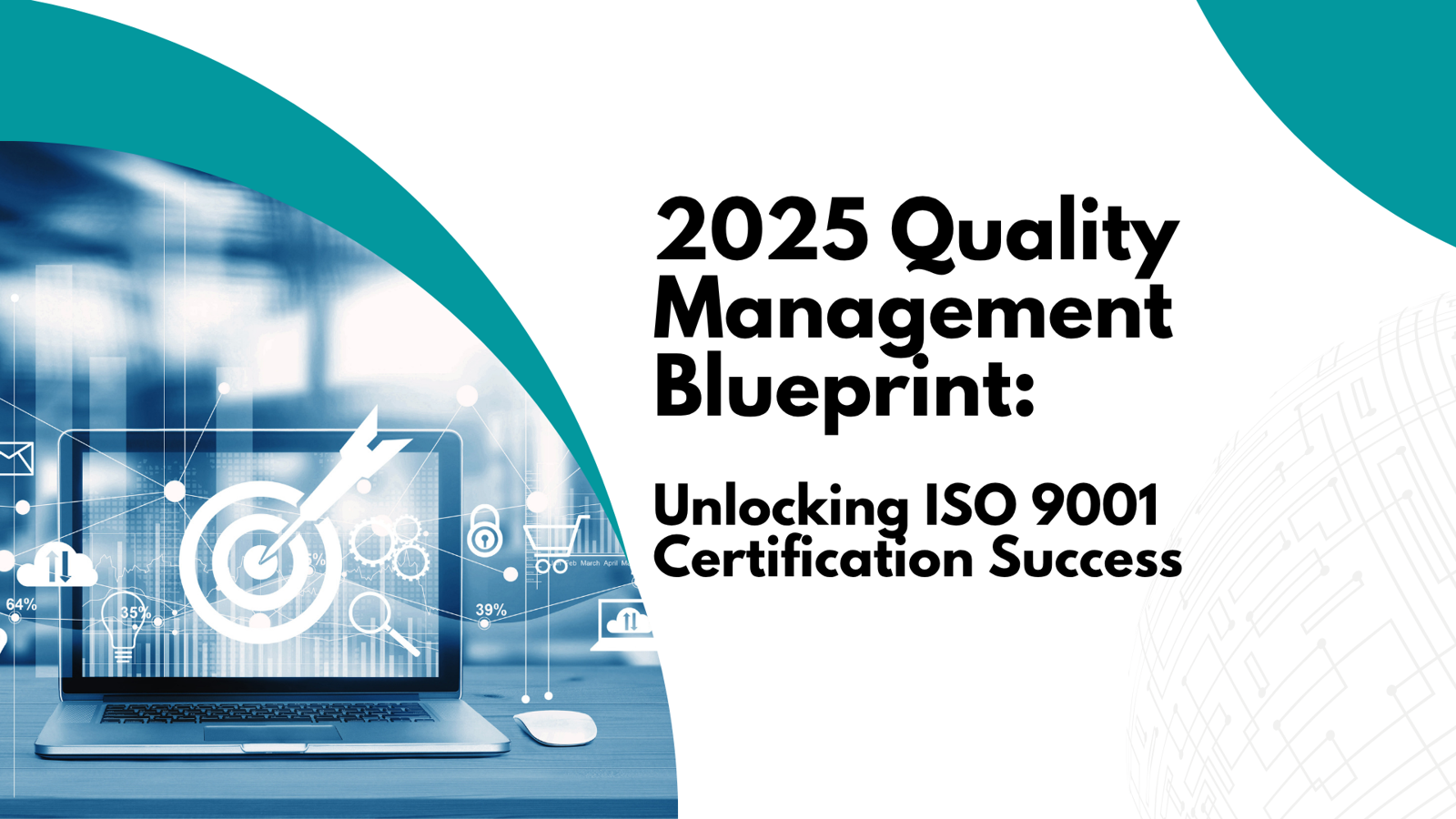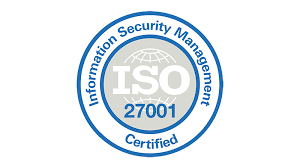Who Needs ISO 27001?
Who Needs ISO 27001?
In today’s digital-first world, organizations face increasing cyber threats, data breaches, and regulatory compliance requirements. Protecting sensitive information is no longer optional—it’s a necessity. That’s where ISO 27001 Certification, the internationally recognized standard for information security management systems (ISMS), comes into play. But who really needs ISO 27001? Let’s explore.
1. Businesses Handling Sensitive Data
Companies dealing with personally identifiable information (PII), financial records, or proprietary data must ensure robust security measures. ISO 27001 Certification helps businesses systematically manage risks, reduce vulnerabilities, and maintain trust with stakeholders. A data breach can cost companies millions, not just in fines but in reputational damage as well. Implementing ISO 27001 helps prevent such losses by ensuring that sensitive information is handled securely and compliantly.
2. IT and Tech Companies
With cyber threats evolving daily, IT service providers, SaaS companies, and cloud-based businesses need a structured security framework. Achieving ISO 27001 Certification enhances credibility, reassures customers, and demonstrates a commitment to data protection. Many tech companies work with global clients who require proof of robust security practices. ISO 27001 certification can be a deciding factor in securing major contracts and partnerships.
3. Financial Institutions
Banks, insurance companies, and fintech firms handle vast amounts of confidential data. Compliance with ISO 27001 strengthens security policies, aligns with global regulations, and mitigates financial and reputational risks. The financial sector is a prime target for cybercriminals, making stringent security controls essential. ISO 27001 ensures that institutions have the necessary risk management processes in place to protect customer assets and personal information.
4. Healthcare Organizations
From hospitals to healthcare IT providers, safeguarding patient records is critical. ISO 27001 Certification helps in complying with regulations like HIPAA and ensures the confidentiality, integrity, and availability of health information. The healthcare industry is increasingly reliant on digital records and telemedicine, making data protection more important than ever. By implementing ISO 27001, healthcare providers can demonstrate their commitment to patient privacy and data security.
5. Government Agencies
Public sector organizations store vast amounts of citizen data. Implementing ISO 27001 Certification ensures a proactive approach to cybersecurity, helping prevent data leaks, espionage, and service disruptions. Governments worldwide are prioritizing cybersecurity, and ISO 27001 is becoming a key framework for ensuring compliance and protecting national security interests.
6. E-commerce and Retail Businesses
Online businesses handle payment information, customer data, and transaction details. ISO 27001 Certification strengthens security against cyberattacks, builds consumer trust, and ensures compliance with PCI DSS and GDPR. E-commerce businesses face constant threats from cybercriminals attempting to steal credit card data and personal information. Implementing ISO 27001 provides a competitive advantage by demonstrating a commitment to customer security and regulatory compliance.
7. Consulting and Professional Services
Law firms, auditors, and consultants deal with confidential client information. ISO 27001 Certification reassures clients that their data is handled securely, boosting competitiveness in the market. Consulting firms often work with multiple clients across various industries, making information security a top priority. Having ISO 27001 in place ensures that confidential business strategies, legal documents, and sensitive client data are adequately protected.
8. Outsourcing and BPO Companies
Third-party service providers managing data for multiple clients must prove their commitment to security. ISO 27001 Certification demonstrates due diligence and reduces risks associated with outsourcing. Companies looking to outsource services, such as customer support or IT management, increasingly prefer vendors with ISO 27001 certification to ensure the highest level of data protection.
9. Startups and SMEs Looking for Growth
For startups aiming to enter global markets or secure enterprise clients, ISO 27001 Certification provides a competitive edge. It fosters trust, improves operational efficiency, and streamlines compliance requirements. Investors and clients often require security assurances before engaging with a business, and having ISO 27001 certification can open doors to new opportunities.
10. Any Organization That Values Security
Ultimately, any company that prioritizes data security, business continuity, and regulatory compliance should consider ISO 27001 Certification. Whether large or small, proactive security measures help protect against costly breaches and reputational damage. Organizations that embrace ISO 27001 build a culture of security awareness, ensuring that employees, processes, and technology work together to protect sensitive data.
How ISO 27001 Certification Benefits Organizations
ISO 27001 is not just about compliance—it’s a strategic investment in security and trust. Here are some key benefits:
• Risk Mitigation: Identifies and addresses potential security risks before they become incidents.
• Regulatory Compliance: Helps organizations comply with global data protection laws such as GDPR, HIPAA, and PCI DSS.
• Competitive Advantage: Enhances credibility and can be a requirement for business partnerships.
• Operational Efficiency: Streamlines security processes, reducing redundancies and improving response times.
• Customer Trust: Demonstrates a commitment to protecting customer data, strengthening brand reputation.
• Incident Response: Improves the ability to detect, respond to, and recover from security breaches effectively.
The Role of Lead Auditors in ISO 27001 Certification
Lead Auditors play a crucial role in this ecosystem by assessing an organization’s ISMS against ISO 27001 standards. They conduct thorough audits, identify vulnerabilities, and provide recommendations to improve security measures. Their expertise ensures that businesses not only achieve ISO 27001 Certification but also maintain compliance over time, fostering a culture of continuous improvement in information security.
A Lead Auditor's responsibilities include:
• Conducting Gap Analysis: Identifying areas where an organization's security policies do not align with ISO 27001 requirements.
• Performing Internal Audits: Reviewing security processes and procedures to ensure compliance.
• Providing Corrective Actions: Offering guidance on how to close security gaps and strengthen compliance.
• Ensuring Continuous Improvement: Helping organizations adapt to evolving cyber threats and regulatory requirements.
By engaging a certified ISO 27001 Lead Auditor, businesses can gain valuable insights into their security posture and ensure they meet industry standards effectively.
Final Thoughts
ISO 27001 Certification is essential for organizations that prioritize data security, regulatory compliance, and risk management. It is a powerful tool for enhancing trust, improving operational efficiency, and protecting sensitive information from cyber threats.
With cyberattacks on the rise and data privacy regulations becoming stricter, now is the time to invest in ISO 27001 Certification. Whether you’re a startup looking to scale, an enterprise managing complex data, or a government agency safeguarding citizen information, ISO 27001 provides the framework you need to secure your future.
#ISO27001Certification #InformationSecurity #Cybersecurity #Compliance #RiskManagement #DataProtection #ITSecurity #ISOStandards #BusinessContinuity #LeadAuditor #Infosec #SecurityAwareness #CloudSecurity #ITGovernance #DataPrivacy #GDPR #CyberResilience #ISMS #ISO27001Auditor #ISO27001LeadAuditor #ISO27001Consultant #ISO27001Implementation #ISO27001Training #ISO27001Compliance #ISO27001RiskAssessment #ISO27001GapAnalysis


